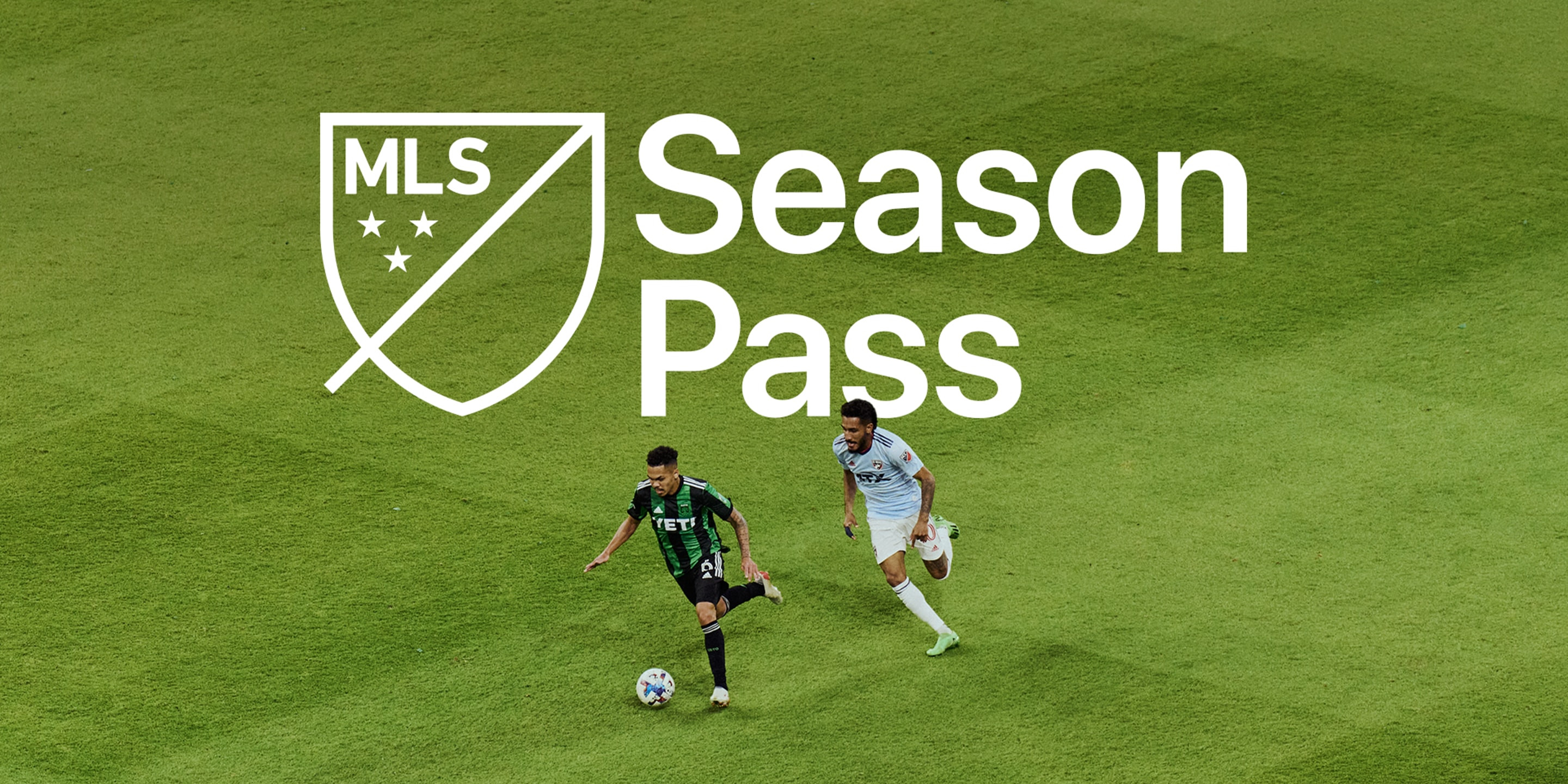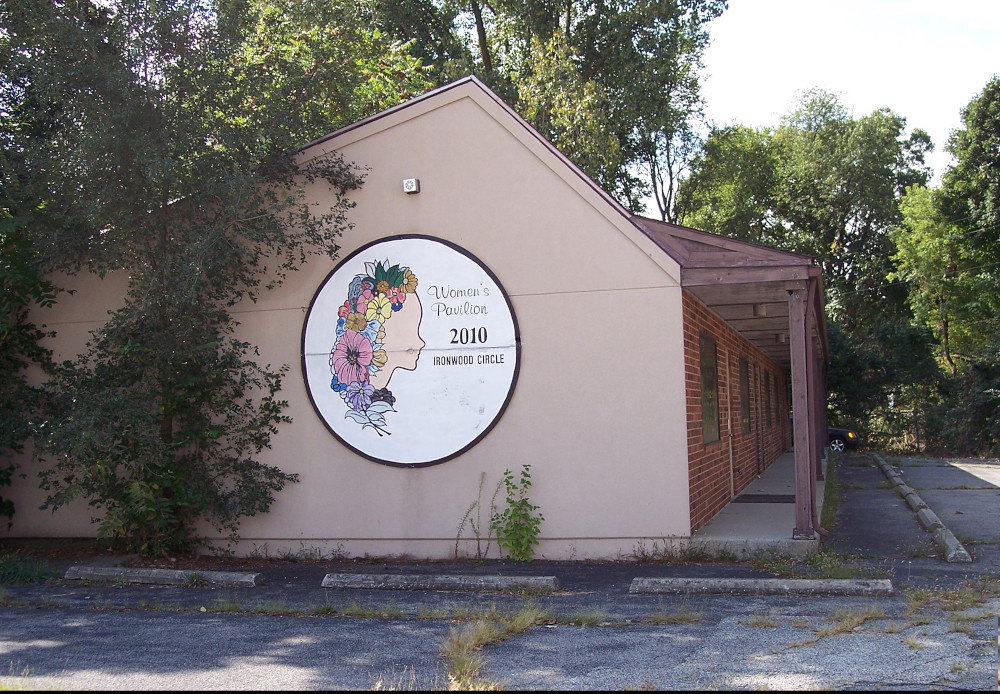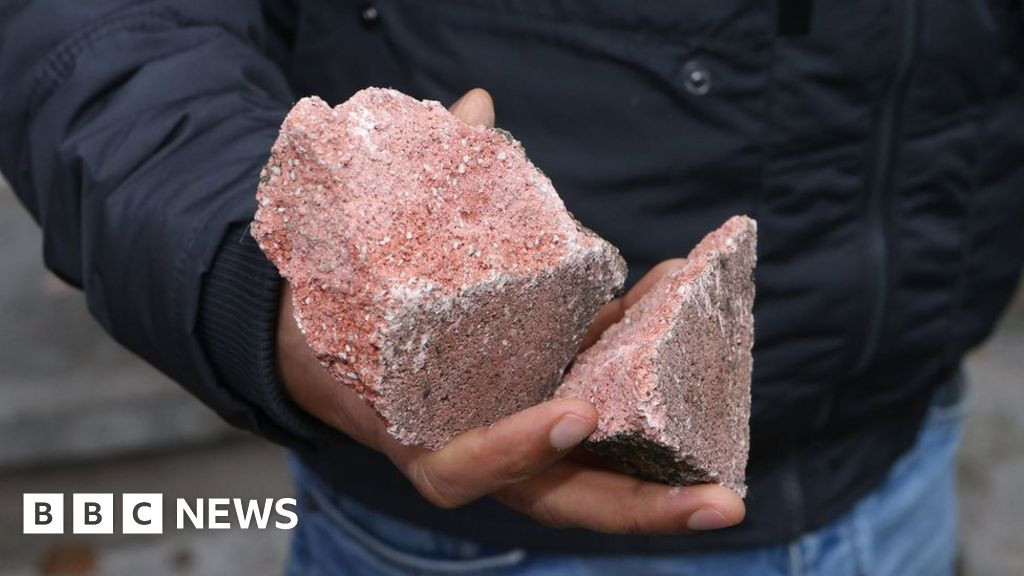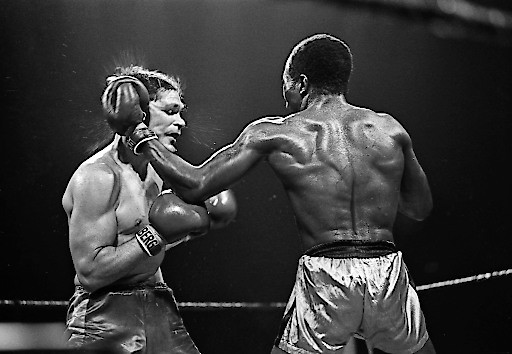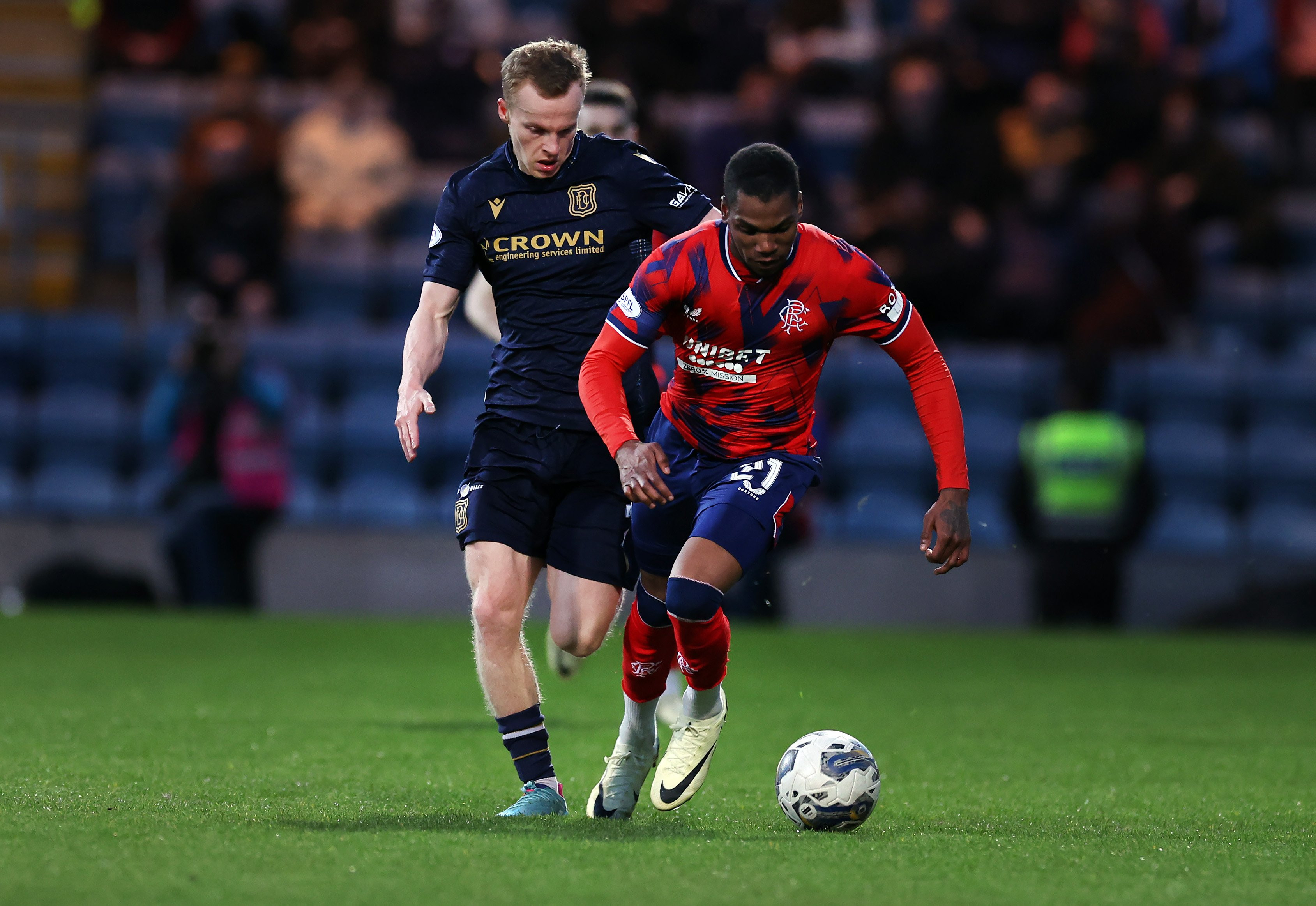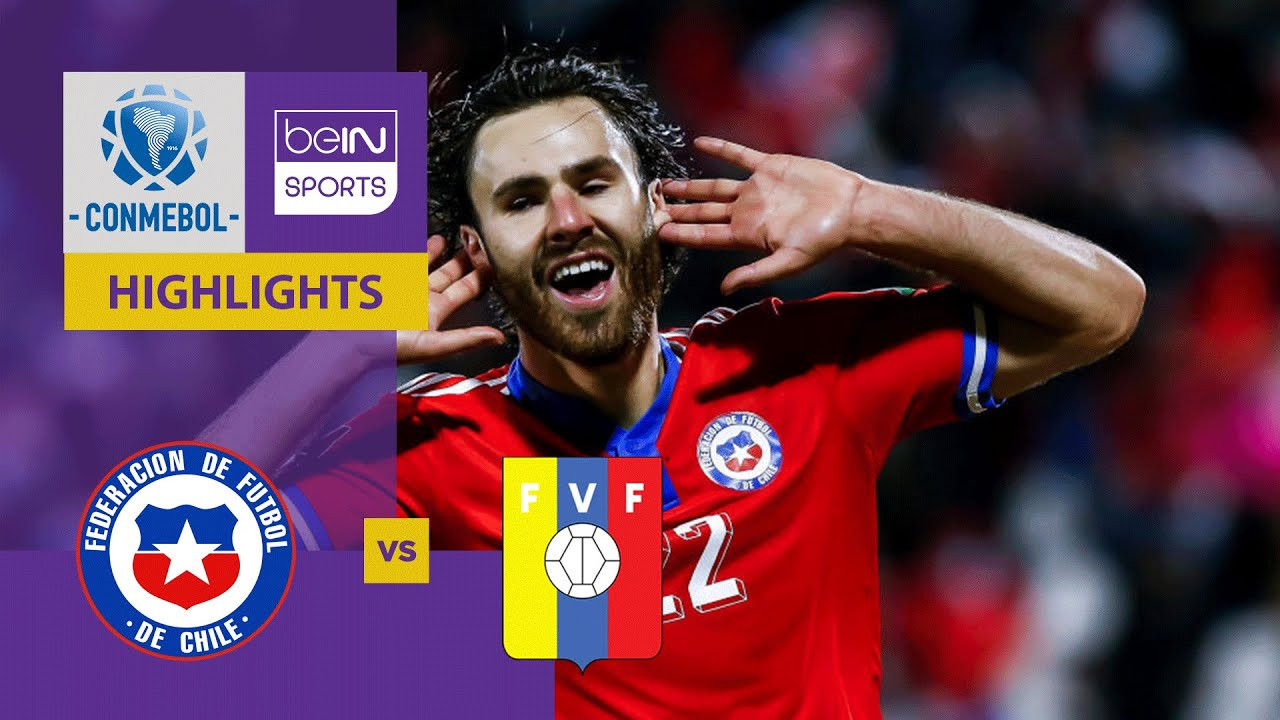The Game 1s of the First Round of the MLS Playoffs are in the books, and they certainly didn't disappoint. Inter Miami sealed a dramatic win over play-in side Atlanta United FC, one in which the biggest highlights didn't come from Lionel Messi or Luis Suarez - but rather Jordi Alba and former U.S. international Brad Guzan turning back the clock with nine saves in Miami's 2-1 win. The match also delivered big time for the league, as the Oct. 25 stream was the most widely viewed sporting event ever presented by Apple, according to the platform. Beyond Messi's playoff debut, other teams made strong statements: LA Galaxy dominated an injury-hit Colorado Rapids, Orlando City SC proved their status as a top contender by defeating Charlotte FC, and LAFC handled Vancouver, despite a late push from the visitors. Then it was all capped off by the New York Red Bulls putting aside a mostly disappointing campaign and stunning the Crew in Columbus.
Lionel Messi now rules on American soil. And last Friday (25th), he made it even clearer that his arrival in Major League Soccer (MLS) wasn’t just a sports deal. Apple, with its billion-dollar contract and a whole strategy built around the MLS Season Pass, witnessed the Messi effect, breaking viewership records with his playoff debut, making this game the most-watched sports event in the platform’s history.
Apple didn’t throw out exact numbers, but they made it obvious , this was huge. And it was! They streamed the game for free on the MLS Season Pass, as well as Apple.com, even bringing it to physical stores worldwide, from New York to Tokyo. Messi didn’t score in Inter Miami’s 2-1 win against Atlanta United, but just having him on the field was enough to magnetize every gaze in the stadium and beyond.
And that “Messi Cam” on TikTok? You don’t even have to be a soccer fan to know it was a massive hit. With up to 150,000 simultaneous viewers, this exclusive camera focused on the number 10 was a show on its own, tracking every move, every expression, and even Messi’s frustration up close. This was something groundbreaking, a strategy no other league dared to do, placing this level of attention on a single player.
But it wasn’t just the U.S. that caught “Messi Mania.” The impact went global. Since the star stepped onto American turf, MLS and Apple saw a flood of new subscribers, especially from South America and Europe. Eddy Cue, Apple’s head of services, said this was a major shift. Before Messi, most MLS Season Pass subscribers were from the U.S. Now, the game’s changed. International viewership spiked, which shows up in follower counts and Apple’s brand buzz.
Apple knows it’s riding this wave like nobody else. With a $2.5 billion deal locked with MLS through 2032, they see Messi as the game-changer. Since he arrived, he’s been the face of the league worldwide, the kind of image boost MLS always dreamed of. And this deal’s only grown in value with Messi, plus the commercial incentives and partnerships popping up in the background. It’s the kind of partnership that levels up the game, turning a contract into a symbiotic relationship where Apple and MLS both come out winners.
What some might not grasp yet is just how far Messi’s willing to go. His contract with Inter Miami includes a hefty incentive package: besides his $150 million salary, Messi’s deal ensures he’ll own a piece of the club when he hangs up his boots. That’s something only a few players worldwide could demand. It’s a commitment that stretches far beyond the pitch. Messi seems to have embraced MLS as a second chance to shake things up and do something revolutionary in the sport.
Messi’s barely arrived, yet he’s already a finalist for MVP of the season. It’s no surprise, given how he’s boosted Inter Miami’s morale and performance since signing. This team, which once had a modest profile, now grabs headlines, and Messi’s name is practically a seal of approval. He’ll still have the chance to shine in the upcoming games of the series against Atlanta United, happening at the famed Mercedes-Benz Stadium in Atlanta.
Messi’s presence on Apple’s platforms and the influx of new international fans and subscribers have created a fresh dynamic. MLS, which has long fought to step out of niche status and establish itself as a major league, now seems to be finding its way. With Messi at the helm of this new era, the league’s gained global relevance in a way even the biggest optimists couldn’t have predicted. He’s not just a player; he’s a media phenomenon transcending sports and entertainment.
Eight separate series, eight Game 1s in the books, and damn that’s a lotta chalk. This continues a trend from last season, in which the higher-seeded team won seven of the eight opening rounds in the Audi MLS Cup Playoffs. Kind of an argument for the importance of the regular season! Let’s take a look at what happened, and what should come next:
Inter Miami vs. Atlanta United
Game 1 in a Sentence: Brad Guzan kept Atlanta from getting blown out.
Stat that Tells a Story: Miami had 49 touches in Atlanta’s box. Atlanta had… 11.
Miami posted a bunch of one-goal wins this year. What usually happened in those was they played badly but Drake Callender made a couple of spectacular saves, and then Lionel Messi & Co. created a few high-leverage moments. Those guys can decide the games and just kind of score whenever they want, and so they do, and so Miami won the Supporters’ Shield. This wasn’t at all like that. The Herons played really, really well – they were all over Atlanta from the jump (Luis Suárez scored inside of two minutes) and could’ve made it 2, 3 or 4-0 by the half-hour mark if not for Guzan’s heroics. When Saba Lobjanidze evened things five minutes before halftime, there was maybe the tiniest moment of doubt.
Not really, though. The Miami winner was always coming.
What’s gonna happen in Game 2?
I imagine the rhythm and shape of the game will look similar, both with Miami having 60% or more possession, and playing out of that 3-5-2 with Messi & Suárez up top. What I would expect, though, is for that Miami line to drop a little bit deeper in order to invite Atlanta upfield with the ball, which then creates room on the counter. If that’s how it plays out, look for Diego Gómez bursting out of midfield when one of the forwards – it’ll be Messi and Suárez up top again – drops in.
Atlanta’s job is simple: attack the center of that Miami backline. Sergio Busquets has been kind of a disaster back there this season:
Can Atlanta turn those types of Miami turnovers – even when Miami play well, they turn the ball over exactly like that multiple times every game – into three goals? If so, they’ve got a shot.
LA Galaxy vs. Colorado Rapids
Game 1 in a Sentence: The Rapids were DOA without Cole Bassett and Djordje Mihailovic.
Stat that Tells a Story: Colorado are 0W-5L-0D in the five games since Bassett got injured.
Even at full strength, the Rapids would’ve been pretty significant underdogs at this LA side. Playing them in Carson without their two best players, though? And with Keegan Rosenberry for some reason lined up at left back? Good night. I don’t know that there’s much reason to dive into this from a tactical perspective. The Galaxy simply had much more talent at virtually every position, outshot Colorado 20-1 and held the Rapids to 0.03 xG. On paper, heading into this one, it wasn’t a contest. And that’s the way it played out on grass.
What’s gonna happen in Game 2?
Whether Bassett and Djordje are back in the lineup or not (and I’m not sure I’d expect either/both to be), I think the Galaxy are a good bet to end this one. The Rapids have been fun and resilient all year long, but are also adventurous and open in ways that high-skill teams can exploit through midfield. As so: They’ve played LA three times this year, and they have conceded 11 goals in those 270 minutes. Riqui Puig’s got five of them, and Gabriel Pec’s got five assists. Dejan Joveljić, Joseph Paintsil, Marco Reus, Diego Fagundez… too many cooks. Everybody eats. I’m not even sure what kind of curveball head coach Chris Armas could throw here. This just feels like a brutal matchup for the ‘Pids.
Orlando City SC vs. Charlotte FC
Game 1 in a Sentence: Orlando looked really, really good in virtually every phase of play.
Stat that Tells a Story: Orlando were successful on 57.1% of their dribble attempts. Charlotte were successful on… 27.3%.
If you listened to the broadcast, you heard the announcers correctly bang on about how good Orlando have been since Martín Ojeda was moved to the 10 in late June. If you read this column, you know I’ve been on that since the jump (honestly, since before the jump – I was calling for Ojeda to the 10 back in February). But there was at least a hint of doubt from folks (mostly from Wiebe) about the legitimacy of this run given that it’s mostly come against a soft schedule. I’m not saying we can entirely end that discussion, but the Crown had been balling down the stretch. And yet the Lions left very little doubt about who was in charge.
My it-will-be-perceived-as-hot-but-actually-isn't take is that Orlando City are actually a much better team this year than the were 12 months ago. It doesn’t end up with a goal, but that is champagne soccer. Charlotte were chasing shadows all night, and Kristijan Kahlina had to make several big stops to keep it respectable.
The dynamism Ojeda brings with his movement is what has elevated this team. He’s always finding gaps between or even through the lines (as he does above), which means the Lions have become incredibly dynamic in changing phases from possession to attack. This spells danger for a Charlotte team that really doesn’t want to have the ball.
What’s gonna happen in Game 2?
Historically, Oscar Pareja’s overthought things at this point in the playoffs. I hope, for Orlando’s sake, he doesn’t make that mistake in this one. When you have more talent, the best tactical choice is usually to just roll out a basic 4-2-3-1, get on the ball and let that talent win the game. Will Dean Smith feel any pressure to get his team out there on the front foot? I doubt it, and with the absence of Pep Biel – he was sent off for a silly and unnecessary kick-out at Robin Jansson – they are even less situated toward ball dominance than usual. So I would definitely expect them to play for the counter, though they have to be very, very cognizant of how deep they’re defending. That goes back to the above stat: If you’re facing a team that can reliably beat your defenders off the dribble, you want to make sure they’re not getting free runs into the box. Charlotte were largely unable to prevent that in Game 1. They have to do much better in Game 2. They also have to start Patrick Agyemang up top. This should no longer be a difficult decision.
LAFC vs. Vancouver Whitecaps
Game 1 in a Sentence: LAFC’s match-winners won, uh, the match. Wait no let me start ov-
Stat that Tells a Story: Vancouver hit the woodwork twice in the first half.
These two teams have played roughly 400 times in the playoffs, Concacaf Champions Cup and Leagues Cup over the past few years. And this was the first time it felt like they were on the same planet in terms of overall quality (yes, I’m including the Leagues Cup meeting this year in that assessment). Vancouver came out there and, from the jump, they were happy to get on the ball, were relentless in trying to put LAFC under pressure, and weren’t afraid to go toe-to-toe. The difference is that when Timothy Tillman turned it over in midfield, Brian White hit the post. When Sam Adekugbe turned it over in midfield, Mateusz Bogusz and Denis Bouanga turned it into a penalty down the other end, one that Bouanga (of course) converted.
And then LAFC did this in the second half: Bouanga, Bogusz, Olivier Giroud, elite MLS vets like Aaron Long and Ryan Hollingshead, and a rising Uruguayan international in Kike Olivera to finish it off… they are spoiled for talent.
Would this game have turned out any differently if White hadn’t pinged that post, or if Ryan Gauld’s free kick in first-half stoppage time was four inches to the left? Maybe. I do think this ‘Caps side is the best they’ve had in their MLS history.
But LAFC are another level. You can’t give them an inch.
What’s gonna happen in Game 2?
LAFC’s gonna try to have 30% of the ball and intend to kill Vancouver on the counter. I will be shocked if that’s not the gameplan from LAFC boss Steve Cherundolo, who has made it pretty clear over his three years in charge that he’d rather have his team absorbing pressure and attacking downhill than trying to operate in any other phase. It’s not to say they can’t use the ball to beat teams – look at that above goal again. But he and his team always seem happiest when they’re playing against the ball and, as a result, finding space to run into. And honestly, can you blame them? They’ve got three trophies and four other finals appearances since Cherundolo arrived. What he’s doing works. Vancouver, I bet, will take the dare. The 4-3-2-1 Christmas tree shape that Vanni Sartini has evolved his side into for the postseason has given them a level of stability and, at the same time, unpredictability in the attack. Gauld, in other words, can go wherever he wants without worrying about the central midfield coming unbalanced behind him. The ‘Caps, even at home, will be underdogs in this game. But I bet it’s gonna be a banger.
FC Cincinnati vs. New York Red Bulls
Game 1 in a Sentence: The much, much, much, much better team won.
Stat that Tells a Story: Cincy won the xG battle 3.9 to 0.4.
This game belongs in exhibit A of the “sometimes by going more defensive you actually make yourself much worse defensively” hall of fame. Nick Cushing benched Maxi Moralez for Andrés Perea – dropping a No. 10 for a No. 8 – and conceded midfield in the process. And as a result, this game was one-way traffic for the hosts. From Cincy’s perspective, Game 1 showed why they’re dangerous: And why they’re probably not going to win MLS Cup:
What’s gonna happen in Game 2?
Cushing’s got to be a little braver in his lineup selection. Cincy weren’t quite reeling heading into this game, but they haven’t been good for a long while, and choosing to give them the conch and let them play their way into a ton of confidence throughout the first half was very not-great strategically. And look, playing through midfield is how teams have gotten at the Garys this year. Even when they play well – and to be clear, they played extremely well on Monday – there tends to be a gap between the two deep-lying mids and the attackers: If you can go to work in that space, you can cause them a lot of problems. For Cincinnati, my guess is Pat Noonan will try to bottle everything his team did in Game 1 and bring it to Game 2. And then it’s just a matter of hoping one of the forwards finds a pair of finishing shoes.
Seattle Sounders vs. Houston Dynamo
Game 1 in a Sentence: Three yards and a cloud of dust.
Stat that Tells a Story: Houston managed just seven shots. None of them were on target.
I think we all knew, heading into this one, that it would be the most ruggedly tactical midfield battle of any of the Round One Best-of-3 Series. Right? Nobody was under any illusions here about what kind of game this was going to be. And so it played out just about exactly as expected: both teams dug into their challenges, neither team had enough quality in the attack to break the other down, mistakes were limited in both quantity and scope, and what mistakes were made were corrected very quickly. Two very, very good teams missing just a little bit of the extra spice that wins championships. So into penalties it went, and as a rule of thumb, I don’t pick against the home team in penalties in the playoffs.
As Jeremiah Oshan pointed out on BlueSky, Seattle are now 5W-0L-3D in their last eight and have outscored opponents 14-3 in that time. And they’ve conceded once in their last five.
What’s gonna happen in Game 2?
Well, I think it’ll be low-scoring again unless Pedro de la Vega starts behaving like a DP. The whole point in going out and getting him last winter was to get him into spots in and around the box where he could turn Seattle’s possession and penetration into clear-cut chances: Houston are good defensively, but it’s not like de la Vega was having trouble getting on the ball. These are exactly the moments where you want your No. 10 on the ball with a chance to break the game open. But de la Vega took an 0-fer and was justifiably on the bench before the hour mark. Between that and Jordan Morris coming off with what looked like a hamstring tweak early in the second half, it wasn’t a great night for Seattle attackers. Houston are in bigger trouble, though, as Coco Carrasquilla took a petulant red card and is gone for Game 2, while Héctor Herrera has yet to look fully fit and influential since his return from injury. Ezequiel Ponce? Hasn’t been a consistent threat. Neither has Amine Bassi. Latif Blessing was subbed in, then subbed out, so my guess is that bridge is burnt for the playoffs. Ibrahim Aliyu hasn’t scored since July 3. These teams (mostly) won’t beat themselves. But it doesn’t feel like either’s ready to win a game outright unless handed an engraved invitation.
New York Red Bulls vs. Columbus Crew
Game 1 in a Sentence: Set pieces, set pieces, set pieces!
Stat that Tells a Story: The Red Bulls had 28% possession. Good lord.
Color commentator Danny Higginbotham put it well about midway through the second half: the story of the game was the Red Bulls were better out of possession than Columbus were in possession. They, in other words, happily let the Crew have the ball, and then just worked on keeping their shape while limiting both chance quantity and chance quality. And it worked. In utterly, totally, unrepentantly “we don’t want the ball” fashion, it worked: That is their network passing graphic from the night. The fact there are barely any lines connecting the defenders to the midfield, or to each other… just a work of art. RBNY got an early-ish goal off a set piece. They battened down the hatches. They won. Job done.
What’s gonna happen in Game 2?
Part of the reason the Crew weren’t good with the ball is because both Diego Rossi and Malte Amundsen were out. Amundsen’s a line-breaking distributor from the back (remember MLS Cup 2023?) whose left foot can’t quite be emulated by any of the potential back-ups. Rossi, meanwhile, isn’t just a goalscorer or playmaker: he’s arguably the most willing and relentless off-ball runner in the league. The secret and somewhat underappreciated sauce that’s made the Crew so good this year is that off-ball work. Rossi is always threatening through the lines, forcing opposing defenses to worry more about the space behind them than the space in front of them. And without that threat, the Crew looked stagnant until about the final 20 minutes. As for those final 20 minutes… are they replicable from the Crew? They came after Wilfried Nancy had turned the dial to “maximum risk,” which almost paid off – Jacen Russell-Rowe, in particular, had a few quality looks – but also kind of played into RBNY’s hands, since they just left two or three attackers high and central to act as constant counter threats. The whole thing was two teams with diametrically opposed philosophies playing with two different kinds of fire. In Game 2, somebody’s gonna get burned. (Or it’ll just be decided on set pieces again. That could happen instead.)
Minnesota United vs. Real Salt Lake
Game 1 in a Sentence: Another rock fight in Utah.
Stat that Tells a Story: Zac MacMath made seven saves. Dayne St. Clair made six.
Up until about the hour mark, I was content to write this one off as a typically physical playoff encounter between two teams that: But both teams lost their shape and their discipline over the final 30 minutes – this coincided exactly with both coaches making YOLO-inflected attacking substitutions – as the tight, cagey contest became a shooting gallery. Both ‘keepers were freaking unreal: We got a full half-hour of the Tactics Free Zone™. It was beautiful. We don’t need to overthink it.
What’s gonna happen in Game 2?
I’m assuming more of the same? Pablo Mastroeni rolled the dice on some personnel adjustments, including Dominik Marczuk at right wing and Emeka Eneli moved out to right back, and it kind of worked. They kept the game tight (until they didn’t, anyway), and put enough of it on the feet of their attackers to feel reasonably confident in their ability to put St. Clair under pressure. For Minnesota, I think it’s tonight’s blueprint again: keep things tight for 60-70 minutes, then bring on attackers if necessary. Since RSL’s going to feel pressure to carry play, I’d expect the Loons to actually defend a little deeper in Game 2. And that’s not a bad thing for Minnesota, as they are orders of magnitude more dangerous when they have space to attack into. Chicho Arango hasn’t scored in four months, by the way. He’s due.




